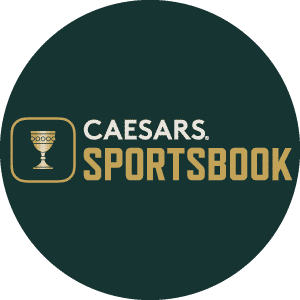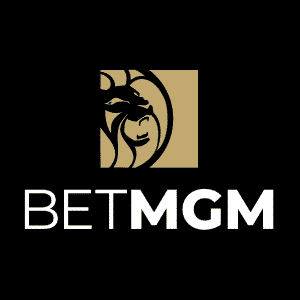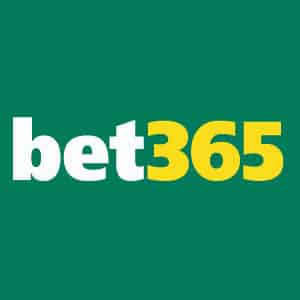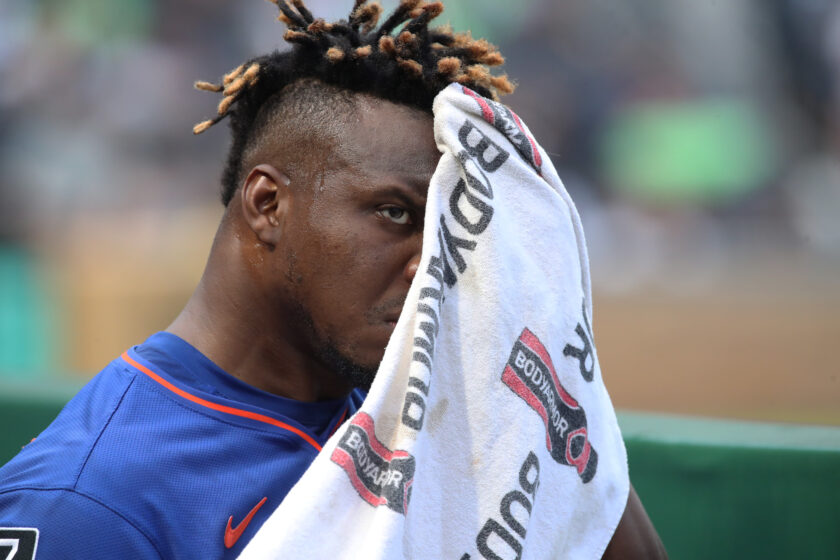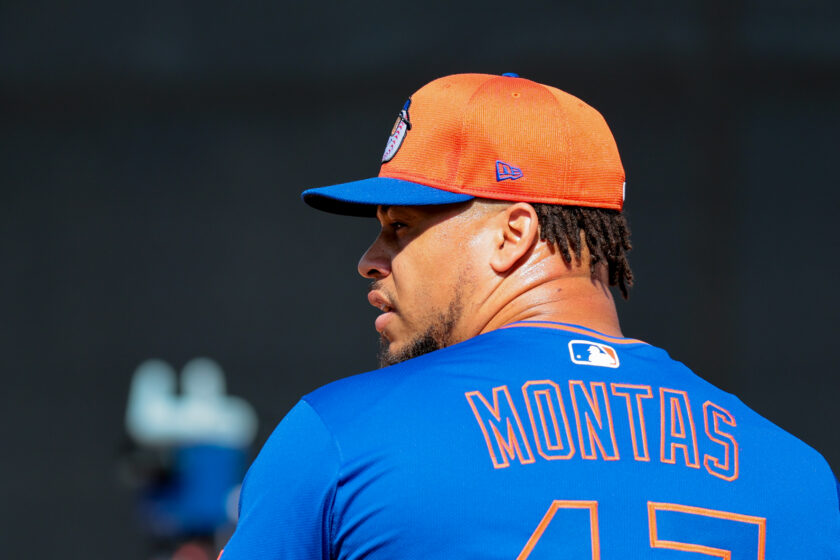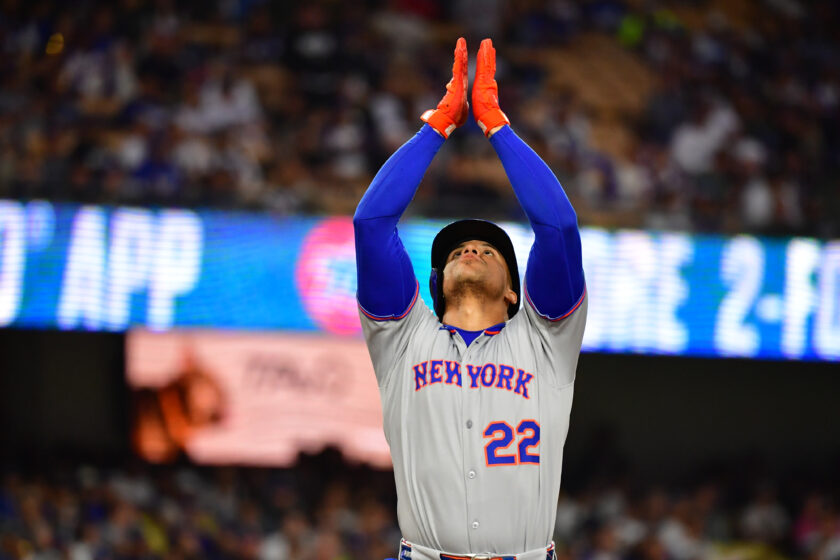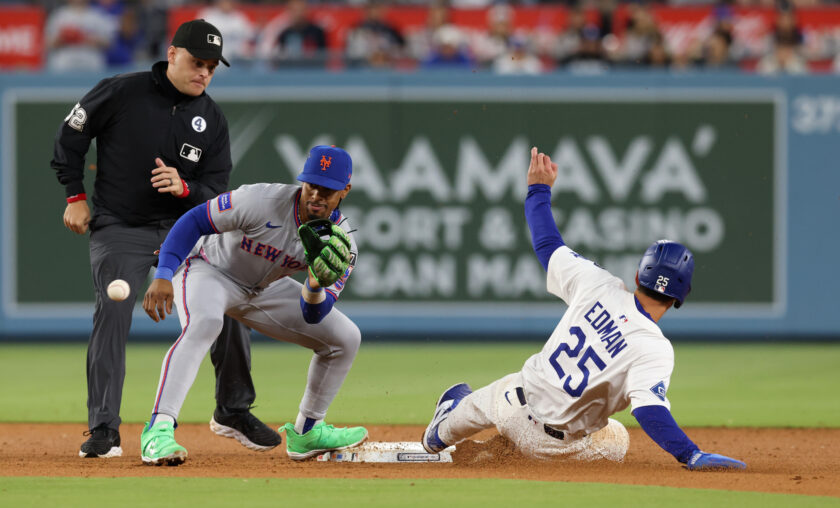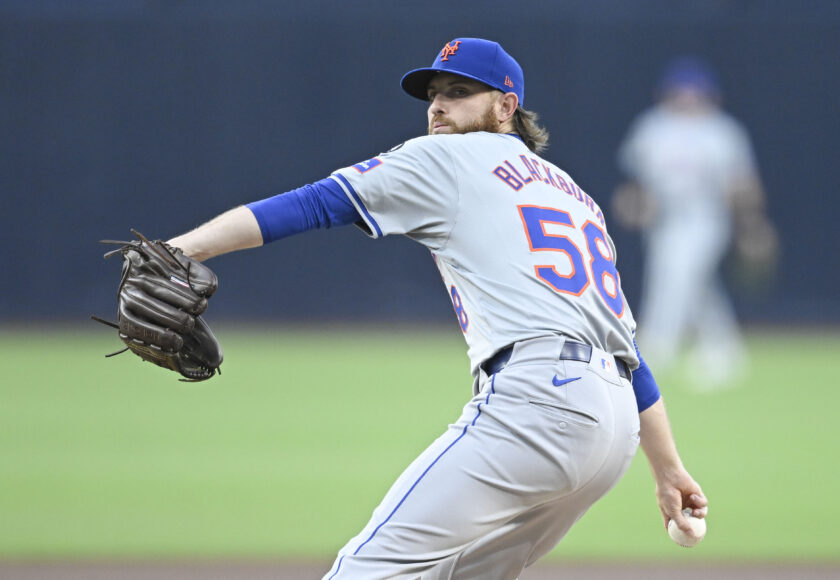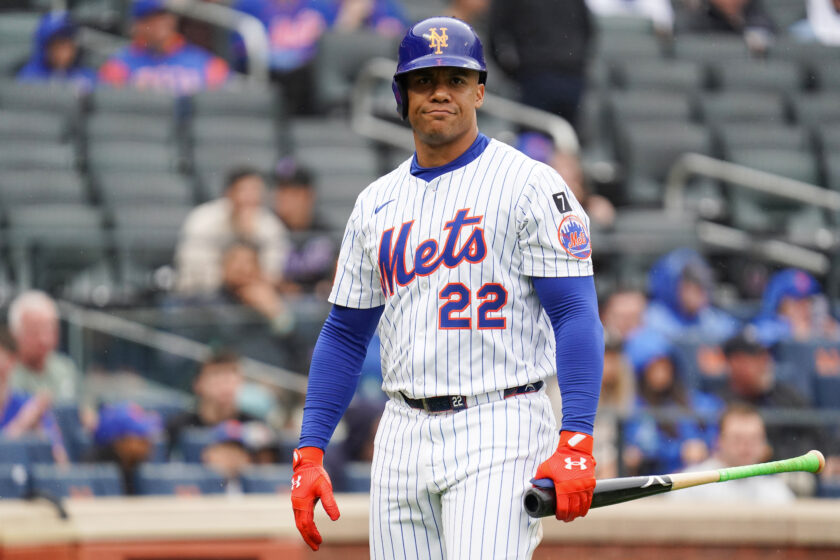How does Javier Báez compare to all-time Mets’ trade additions?
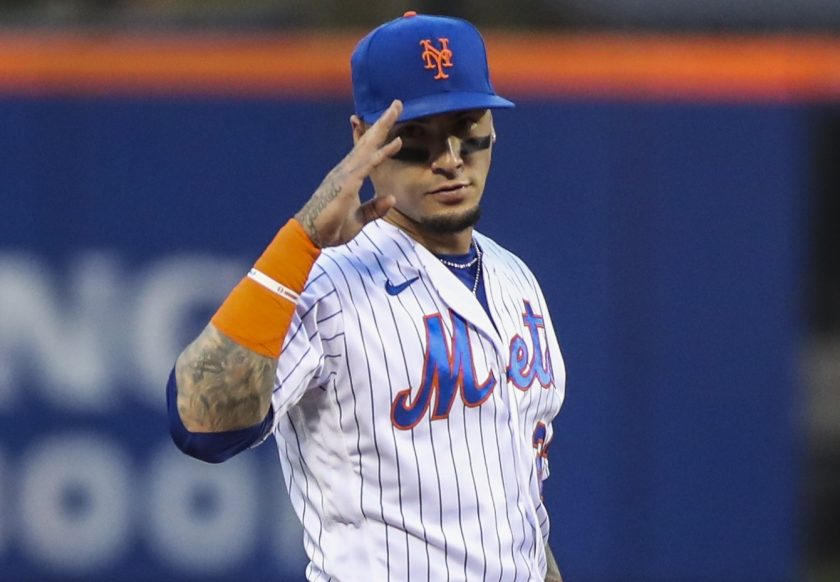
How does Javier Báez’s final two months stack up in Mets history?
[sc name=”tabbamfordbanner” ][/sc]When the 2021 trade deadline passed, the biggest deal made by the New York Mets was the addition of infielder Javier Báez from the Chicago Cubs.
To get the superstar, the Mets paid dearly; they traded away one of their top outfield prospects, Pete Crow-Armstrong. But the Mets were desperate. Francisco Lindor was on the shelf and the team’s hopes of winning the National League East were sliding in the wrong direction.
Since he was acquired, Báez has been a headline-grabbing phenom in every way. The Thumbs Down controversy was supposed to cost him millions of dollars in free agency. Some Mets fans wanted him to never wear the jersey again. But his play since then has been terrific, and his overall impact on the Mets’ roster has been strong.
Which got us to wondering: how does Báez stack up against other notable trade deadline acquisitions in Mets history?
Let’s compare Báez to two other huge trade additions in Mets history.
2021 — Mets acquire Báez from the Chicago Cubs for Pete Crow-Armstrong
Báez hit a home run in his first game with the Mets, but there were adjustment pains. When he was acquired, Báez led the majors with 131 strikeouts in only 91 games played, and the strikeouts continued when he joined the Mets.
However, his plate discipline has improved dramatically in September and he’s now putting together a final two months that will make him a lot of money on the open market this winter.
With the Mets, Báez is slashing .307/.383/.555 with nine home runs and 19 RBI in 39 games. Perhaps most impressively, Báez has struck out 42 times in 39 games while drawing 12 walks; he had accepted only 15 free passes in 91 games with the Cubs before the trade.
The Mets aren’t going to make the playoffs, but Báez has been as good — if not better — than advertised since the deal. And now the Mets will have to make a significant financial decision about whether or not Báez is a part of their future beyond 2021.

2015 — Mets acquire Yoenis Céspedes from the Detroit Tigers for Michael Fulmer and Luis Cessa
The Céspedes trade was a fall-back for the Mets that worked out remarkably well. The Mets reportedly had a deal in place with Minnesota for centerfielder Carlos Gomez that fell apart at the last minute, so the Mets called an audible and made the bold move with Detroit to get the Cuban outfielder instead.
Céspedes’ final two months with the Mets are the stuff of legend. He hit 17 home runs and drove in 44 runs in 57 games, slashing .287/.337/.604 and legitimately making a case for MVP votes in the National League. His streak continued into October as the Mets were able to get into the dance and advance all the way to the World Series. Unfortunately, the Royals shut him and the rest of the Mets down and won the crown that year.
Céspedes spent parts of four more years with the Mets, but the epilogue to his career has been as broken as his body. He appeared in 132 games in 2016 as a 30-year-old, winning a Silver Slugger and appearing in the All-Star Game in a season that saw him hit 31 home runs and drive in 86. However, the next two seasons saw him play in just 119 games total. He has played in eight games for the Mets since the end of the 2018 season.

1983 — Mets acquire Keith Hernandez from the St. Louis Cardinals for Rick Ownbey and Neil Allen
This might be the better comp of the two to the acquisition of Báez. Hernandez was heading to free agency after the 1983 season and the Cardinals were open to dealing a franchise favorite because they feared he would walk away. He had little desire to re-sign with the Mets when he was acquired, but the temptation of spending a few years with the Mets’ young core in the mid-80s was enough to bring him back on a five-year deal.
Hernandez was an outstanding first basemen, arguably the best defensive player at the position in baseball. He was the National League MVP in 1979 and, at 29 years old (the same age as Báez), he had five Gold Glove Awards at home already.
The Mets made this deal in mid-June, so Hernandez appeared in 95 games for the Mets down the stretch in 1983. Hernandez slashed .306/.424/.434 in the final three-plus months of the season, hitting nine home runs with 37 RBI. He won a sixth career Gold Glove that year while scoring 43 runs with 98 hits.
In his five seasons that followed, Hernandez won five more Gold Glove Awards and represented the Mets in three ALl-Star Games. He was also a key component of the Mets’ 1986 World Series championship.
- DRAFTKINGS SPORTSBOOK
BET $5 & GET $150 IN BONUS BETS INSTANTLY!
- FANDUEL SPORTSBOOK
BET $5, GET $150 BONUS!
- CAESARS SPORTSBOOK
$1,000 BET ON CAESARS!
- BETMGM SPORTSBOOK
BET $5, GET $158 BONUS!
- BET365
GET $150 BONUS OR $2,000 FIRST-BET SAFETY NET!
Tab has written about MLB, the NHL and the NFL for more than a decade for publications including The Fourth Period, Bleacher Report and La Vida Baseball. He is the author of two books about the Chicago Blackhawks and has been credentialed for the MLB All-Star Game and postseason and multiple Stanley Cup Finals. He is the co-host of the Line Drive Radio podcast.



